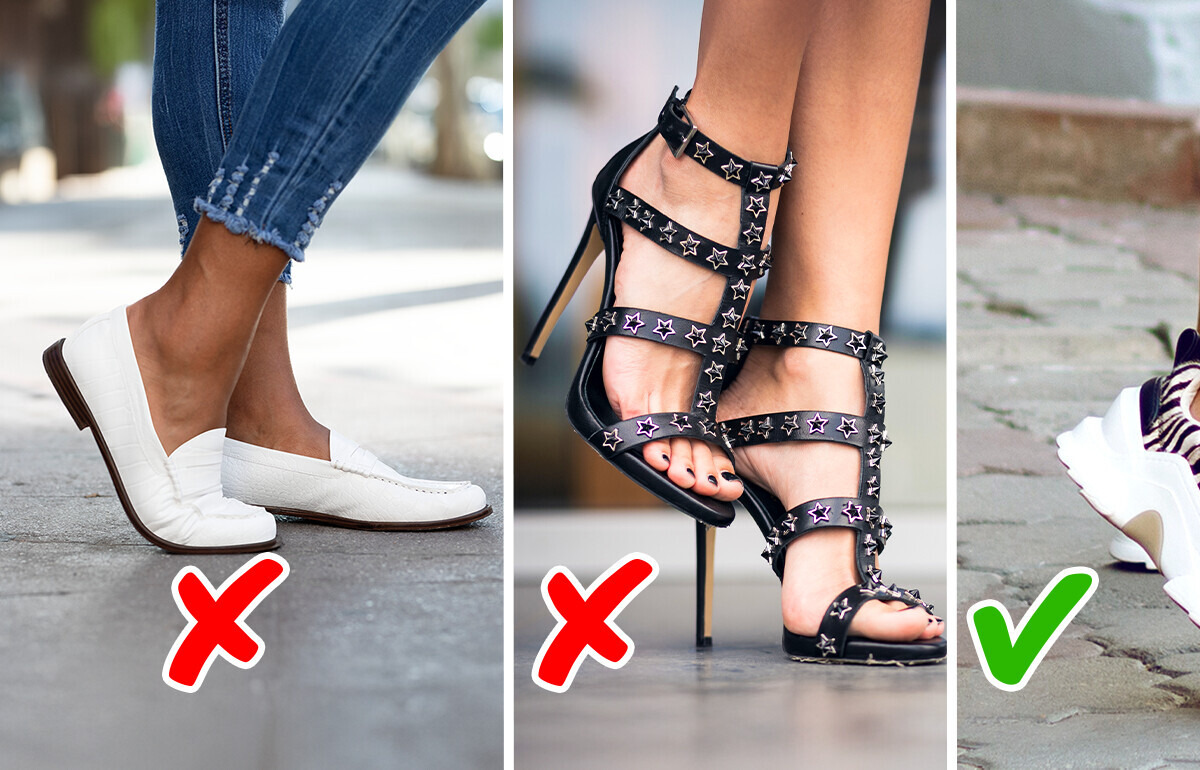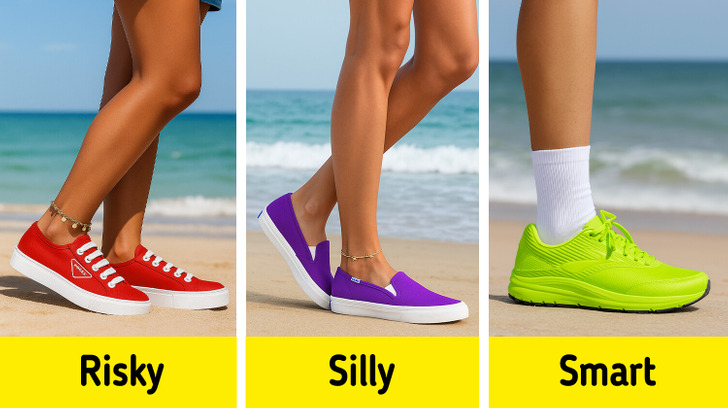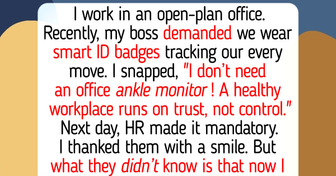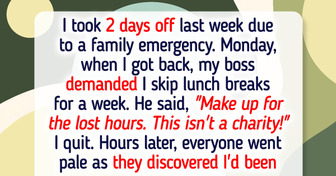“Pushing 60, Trying to Look 30,” Nicole Kidman’s New Bold Style Is Deemed Age-Inappropriate


We want to be stylish and wear a perfect outfit along with some nice shoes. But they also need to be comfortable, so you can feel good all day long. Following the latest fashion is not always recommended, as it can be a danger to the health of your feet. To help you find the best everyday shoes, we collected some of the necessary things to check before buying your footwear.
You might be surprised to hear that, but your foot size can change even in adulthood. The structure of your foot can change as well, just think about all the changes pregnancy or a foot-related injury can cause to it. So it’s recommended to measure your foot size once a year to choose the right size of shoes. If one foot is larger or wider than the other, buy a size that fits the larger foot.
A good fit is snug everywhere and tight nowhere. You want the snug fit in the heel through midfoot, then room for your toes to splay out a bit. You also need at least a finger’s width of space between your longest toe and the end of the shoe.

Before buying a shoe, always test its foundation by gently bending it at the toe. If it folds in half, that’s a sign it’s too soft. If it bends somewhat but stays mostly rigid, it has good support.
Also, choose shoes according to the width of your feet. If you have wide feet, wearing a too-narrow shoe would be unwise, as it can lead to painful, cramped toes and bunions. But if you have narrow feet, wearing a shoe that’s too wide is risky, as you won’t have enough support, and there’s a heightened risk of blisters. The smart solution can be a pair of sports shoes that match your feet’s width.
Your feet naturally expand with use during the day and may swell in hot weather. Shopping at the right time of day can help ensure a better fit.
The amount of cushioning is ultimately a matter of personal preference. But extra cushioning is important to avoid wear and tear to the feet and the joints, which can lead to increased risk of joint pain and other foot ailments such as plantar fasciitis or tendonitis.
Take into consideration if the shoes have arch support for your foot shape. If you have a high arch foot type, you may do better with a shoe with a slight lift in the heel, and if you are flat-footed, consider buying a shoe with good arch support. If the shoe itself doesn’t have the best arch support, a shoe insert can help.
There are certain occasions when wearing high heels is appropriate, but it’s not good for everyday wear. Flip-flops can be ideal in the summer, especially at the beach, but again, they wouldn’t be comfortable for a long walk.
Always try to find the best shoes for different situations. For example, if you’re going to play a sport that involves a lot of side-to-side movement, make sure you’re wearing footwear with ankle support, versus a slip-on sneaker.
Shoes shouldn’t feel uncomfortable when you put them on. When you notice pinching, cramping, or rubbing right off the bat, it’s probably just going to get worse.
Shoes that are made of low-quality materials or have poor craftsmanship can also be uncomfortable and harmful. Shoes that are made of synthetic or plastic materials can trap heat and moisture, creating a breeding ground for bacteria and fungi. Shoes that have rough seams, sharp edges, or loose parts can also irritate your skin and cause injuries.
So always look for shoes made from high-quality materials; they might be more expensive, but they will be worth it in the long run. Breathable fabrics like leather and mesh are going to be the best for promoting air circulation and reducing moisture. Memory foam insoles offer customized comfort and support, while EVA is a lightweight and shock-absorbing material commonly used in midsoles.
You can also find great tips about jeans in our 9 Summer Jeans for Women That Are Both Stylish and Comfortable article.











